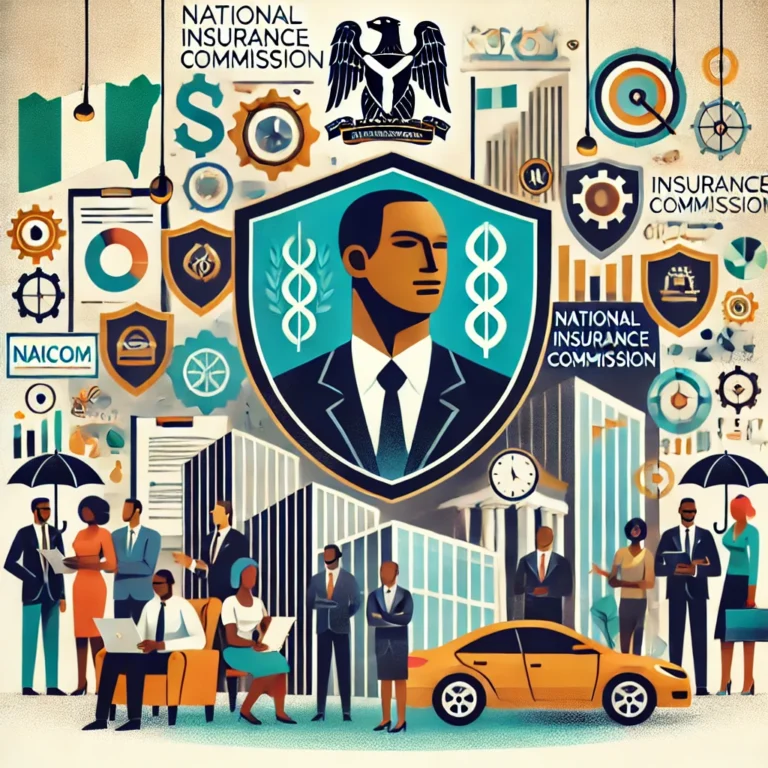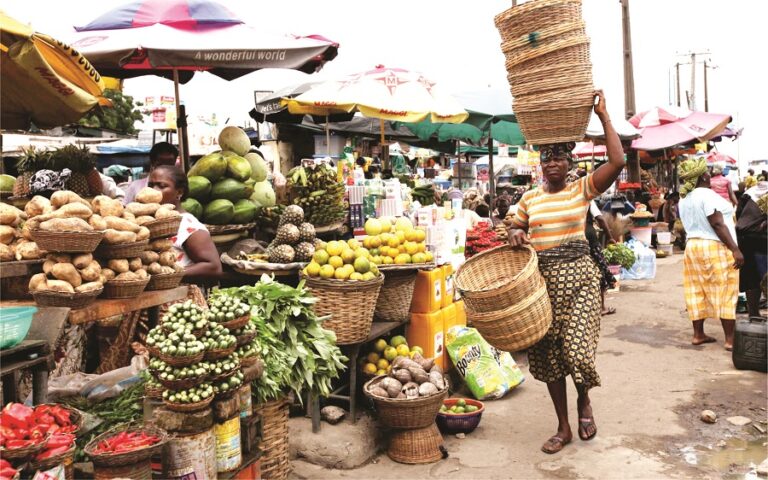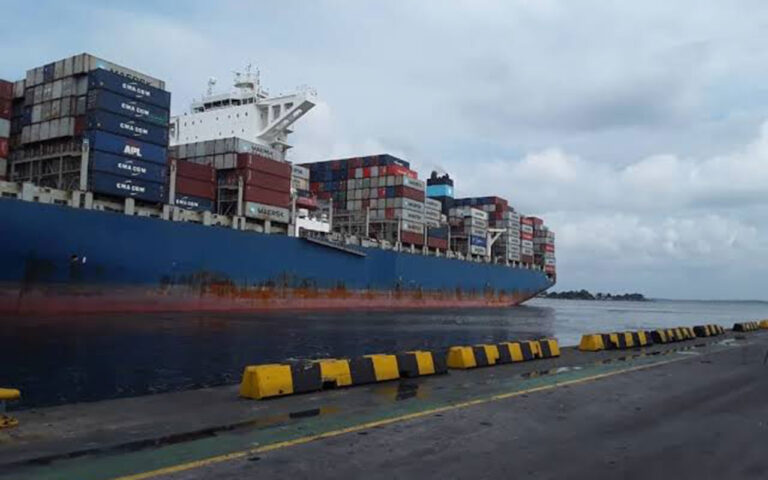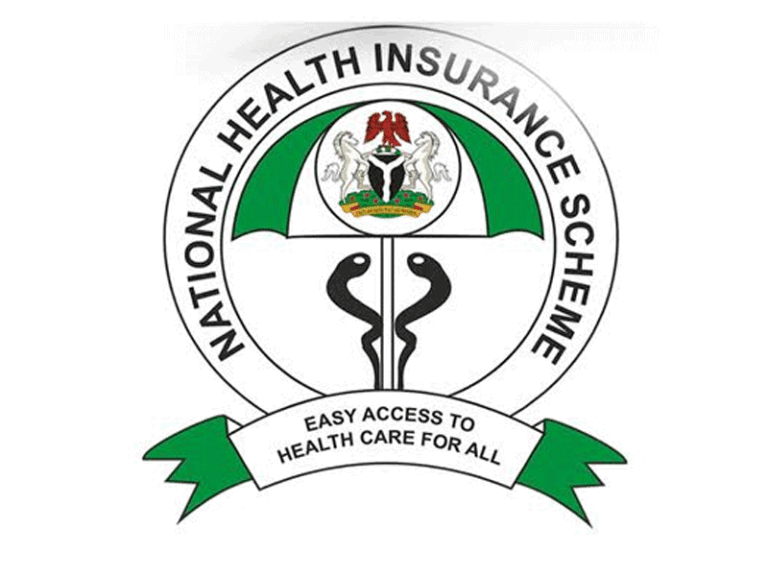
Alarming statistics from the Federal Road Safety Corps (FRSC) and the Nigerian Insurance Association (NIA) reveal that only 25% of vehicles on Nigerian roads were insured in 2023. This already low figure is projected to decline further in 2024, raising concerns about the growing risks associated with uninsured vehicles.
Multiple factors are driving the decline in motor insurance underwriting in Nigeria. Chief among them are the country’s challenging economic environment, marked by high inflation, the removal of fuel subsidies, and a steep depreciation of the local currency. These economic pressures have forced many citizens to prioritize basic survival needs over insurance coverage.
Adding to the challenge is the recent hike in motor third-party liability premiums. In 2023, the cost of this compulsory insurance increased threefold, from ₦5,000 (approximately $3.10) to ₦15,000 (approximately $9.40). While the increase was intended to align insurance premiums with the current economic realities and improve coverage for third-party liabilities, it has instead deterred many vehicle owners from renewing or purchasing policies.
Despite being legally mandated, the low adoption rate of motor insurance poses significant risks to road safety and financial security. Uninsured vehicles increase the burden on law enforcement, strain public resources in the event of accidents, and leave victims vulnerable to financial losses.
Industry experts are calling for urgent measures to address the issue, including public education campaigns on the benefits of insurance, policy incentives to ease the cost burden on citizens, and stricter enforcement of insurance laws.
As the Nigerian economy grapples with recovery, the insurance sector faces a critical challenge in balancing accessibility with sustainability. Failure to reverse the current trend could have dire implications for the safety and financial stability of road users nationwide.
This report highlights the socio-economic factors behind Nigeria’s declining motor insurance rates and underscores the urgent need for collective action.











